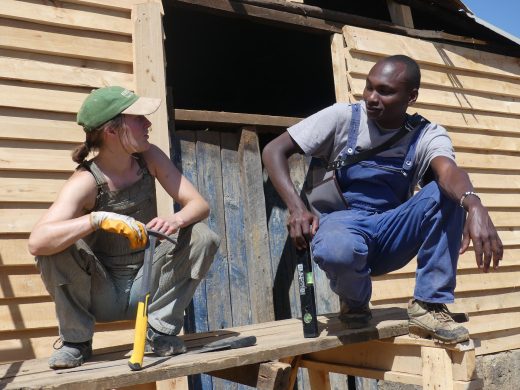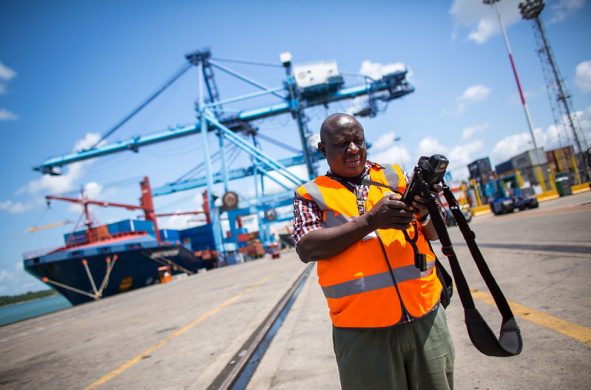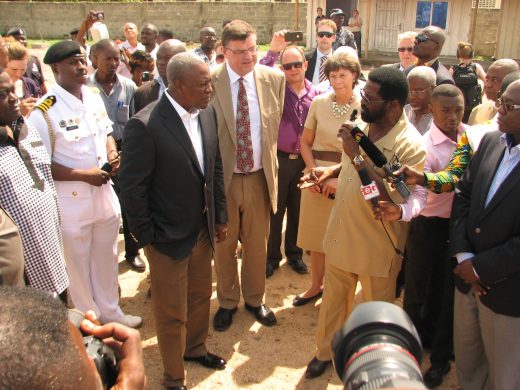To højt profilerede møder med fokus på fødevaresikkerhed finder sted i Afrika i denne uge.
Evans Wafula, AfricaNews reporter in Nairobi, Kenya
In Cape Town, Africa heads of state, agriculture ministers and experts, and leaders from the private sector gather for the presentation of the International Fund for Agricultural Development’s Rural Poverty Report 2011 in Africa, while in Kenya leaders have gathered to address the need for scaling up sustainability through linking school feeding with agriculture development to maximize food security.
In Ghana, the realization of a long term and sustainable food security is important to the development of the agricultural sector. Ghana commits almost 10% of its annual budget to improving agriculture placing it top of the list of investors in the sector in Africa. This is according to Ghana’s Minister for Local Government and Rural Development, Samuel Ofosu Ampofo.
While addressing delegates at the Global Child and Nutrition conference in Nairobi, Kenya, Hon. Ofosu upheld Ghana’s commitment to address food security through sustainable school feeding programmes that started in 2005 following the African Union New Partnership for Africa’s Development (AU-NEPAD) recommendation to use home grown food to achieve the MDGs and address the high chronic malnutrition and low agricultural productivity.
“Through the programme, school children in public primary school are provided with one hot, nutritious meal, prepared from locally grown foodstuffs on every school going day, spending 80% of the feeding costs in the local economy”. Said, Ghana’s Minister for Local Government and Rural Development, Hon. Samuel Ofosu Ampofo.
Over 700,000 pupils in Ghana are benefiting from the programme despite challenges associated with unprecedented increase in the number of school-going children expected to rely on the programme.














